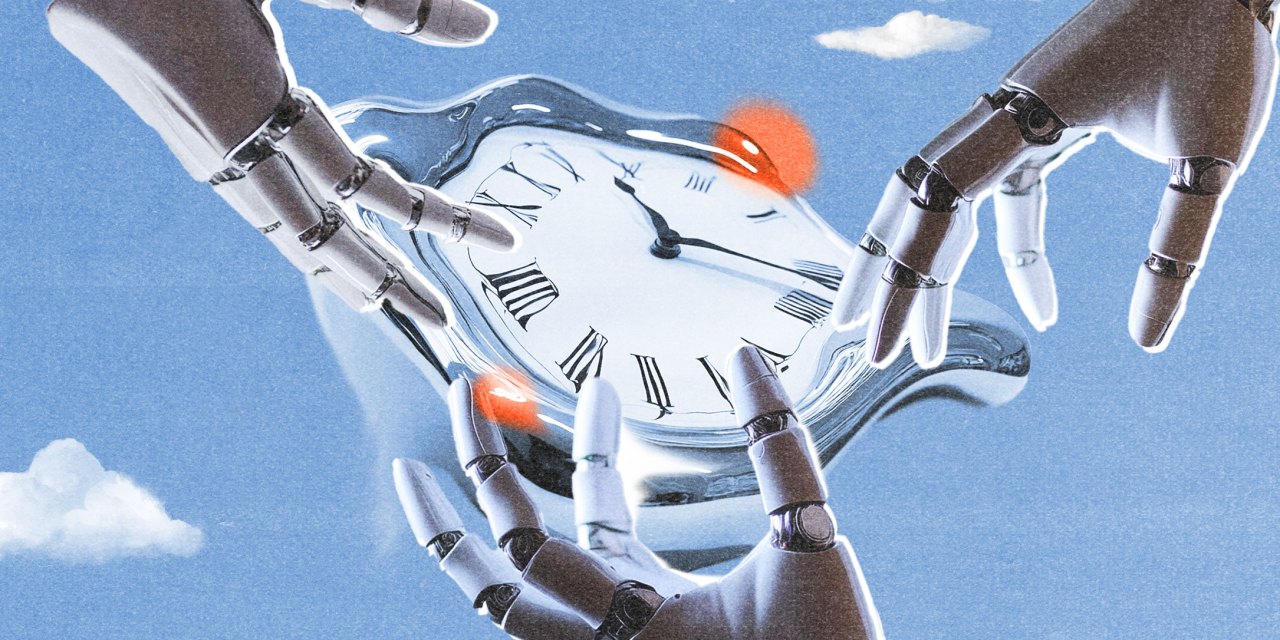Workers lash out when others waste their time on the clock

Unnecessary meetings, fruitless discussions about non-priority tasks and other unwelcome, lengthy conversations with coworkers aren’t just a time suck. They harm productivity and engagement by souring employees’ moods and driving resentful behaviors, new research suggests.
When workers perceive their time on the clock is being wasted, they lash out by gossiping, working slower, being blunt with clients or customers and taking unnecessary breaks, according to new research from Temple University.
“Even though employees are compensated for their time, they still really care about whether their time is being put to good use or not,” said Brian Holtz, associate professor of management at Temple University’s Fox School of Business, and one of the study’s co-authors.
The findings have implications for organizations already struggling to get employees to effectively collaborate in offices. They also come amid rising incivility in the workplace driven by political conflicts, and as employers navigate new dynamics around productivity in hybrid environments.
New AI tools could help eliminate the need to bug colleagues throughout the work day, but for now it’s up to managers and HR professionals to help ensure everyone’s time is used in the most valuable way.
The study included several hundred participants and asked how they perceived wasted time at work, and the emotions and behaviors that resulted from their time being wasted. The study ultimately found that employees perceiving their time to be wasted lash out, and direct those behaviors at the person who wasted their time — whether it’s a boss, coworker or client.
“Employees who felt that their time was being misused or wasted were more likely to then kind of take their time back by engaging in various time theft behaviors,” said Crystal Harold, associate dean for masters programs at Temple University’s Fox School of Business and another co-author on the report.
This behavior can mimic quiet quitting, where resentful, disengaged employees act out passive-aggressively by intentionally lowering their productivity, said Cary Cooper, professor of organizational psychology and health at the University of Manchester.
“You’re angry with it, but because it’s your boss, you’re unlikely to be able to give them that feedback,” Cooper said. When it’s a coworker, “it’ll be more aggressive,” he said.
Respondents in the study said they’ve engaged in a multitude of counterproductive behaviors toward coworkers who wasted their time. They said they ended up criticizing that individual’s opinion or suggestions, avoided them, or started excluding them from other conversations, the study found.
Researchers defined wasted time as anything that interferes with an employee’s ability to obtain their goals. They further analyzed what those goals were for employees. And for most, it’s productivity. “Wasted time is really in the eye of the beholder,” Holtz said. “And importantly, what constitutes wasted time to the very same individual can change over time.”
Workers back in offices today are still navigating what constitutes an appropriate amount of time spent away from their desks, or socializing with colleagues, while also trying to complete all their daily tasks.
When it comes to in-person work, “one of the things that organizations tout is this opportunity to build camaraderie and collaboration,” Harold said. “But when the reward system only rewards task-based performance, then people’s goals are going to necessarily be tied to those tasks,” she said.
The researchers didn’t explore AI’s impact on this dynamic in the study, though said new tools may have the potential to help eliminate time-wasting encounters.
“I could see it being a useful tool in many ways,” Holtz said. “I think it would be welcomed from the employee perspective, as sort of the opposite of wasting time, and being a good steward of employees’ time,” he said.
But it still raises concerns about relying too heavily on AI and ultimately discouraging important human interactions. “If we’re talking about things like collaboration and building bonds and whatnot as important goals within a workplace, then AI might actually harm that,” Harold added.


